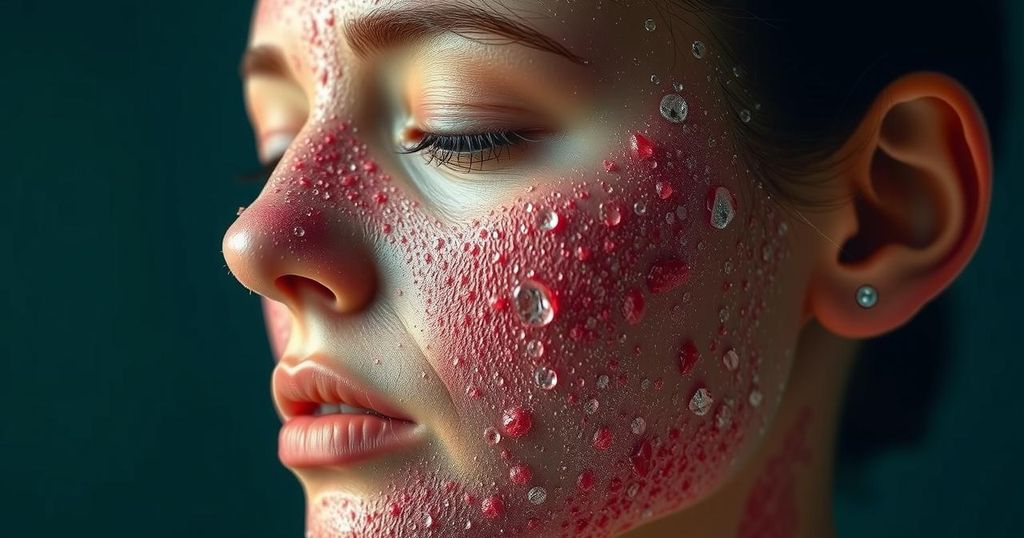Weather
ADA, AFRICA, AMWAY, ASIA, CLINICAL TRIALS, ENVIRONMENTAL SCIENCE AND ENGINEERING DEPARTMENT OF THE INDIAN INSTITUTE OF TECHNOLOGY BOMBAY, IIT, INDIA, IUF – LEIBNIZ RESEARCH INSTITUTE FOR ENVIRONMENTAL MEDICINE, LEIBNIZ RESEARCH INSTITUTE FOR ENVIRONMENTAL MEDICINE, MEDICINE, MICHIGAN, MUMBAI, NIGERIA, RAIN, RESEARCH, SCIENCE, SUSTAINABILITY
Aisha Khan
0 Comments
Impact of Climate Change on Skin Aging: Key Findings from Recent Study
A groundbreaking study by the IUF has established a correlation between climate change and skin aging, focusing on the effects of temperature and humidity on skin health. Analyzing data from 1,510 Indian women, the research revealed significant increases in pigmentation and wrinkles corresponding to rising heat indexes. This pioneering work underscores the importance of addressing climate impacts on dermatological well-being.
Recent research conducted by the IUF – Leibniz Research Institute for Environmental Medicine in Düsseldorf has revealed a connection between climate factors and skin aging. The study, published in the journal Dermatitis, examines the impact of ambient temperature and humidity on skin health, particularly among Indian women. The research included 1,510 participants from multiple cities and assessed signs of skin aging such as pigmentation and wrinkles in relation to the heat index, which combines temperature and humidity levels. The findings suggest that increased heat exposure correlates with significant signs of skin aging, independent of other environmental factors.
The study utilized data collected over five years, encompassing regional temperature fluctuations, humidity levels, ultraviolet radiation, and air pollution. Notably, it found that certain skin conditions, including pigmentation spots and wrinkles, intensified in conjunction with rising heat index levels. As this is the first epidemiological study of its kind, it underscores the necessity of understanding climate change’s impact on dermatological health.
Prof. Jean Krutmann, Director of the IUF, stated, “This is the first epidemiological study to show that climate change can increase the aging of human skin.” He emphasized the ongoing efforts to investigate the mechanisms at play behind these effects, aiming to establish protective strategies. Furthermore, Prof. Tamara Schikowski, an environmental epidemiologist, expressed interest in exploring the interaction between heat and air pollution in contributing to skin aging.
The relationship between environmental factors and skin health has become increasingly significant amid growing concerns over climate change. While the effects of climate change on general health have been extensively studied, its specific implications for skin aging remain largely unexplored. Elevated temperatures and humidity levels, often summarized as the heat index, play a crucial role in various health conditions. This study particularly focuses on demographic impacts in India, where climate variations provide an ideal context for such research.
The research conducted by the IUF highlights a novel link between climate change and skin aging, bringing attention to the formerly overlooked aspects of dermatological health. Findings indicate that environmental influences, particularly heat and humidity, are significant factors in skin aging, urging further exploration into protective measures against these effects. Understanding the biological mechanisms involved may pave the way for future skin health strategies amidst changing global climates.
Original Source: idw-online.de




Post Comment